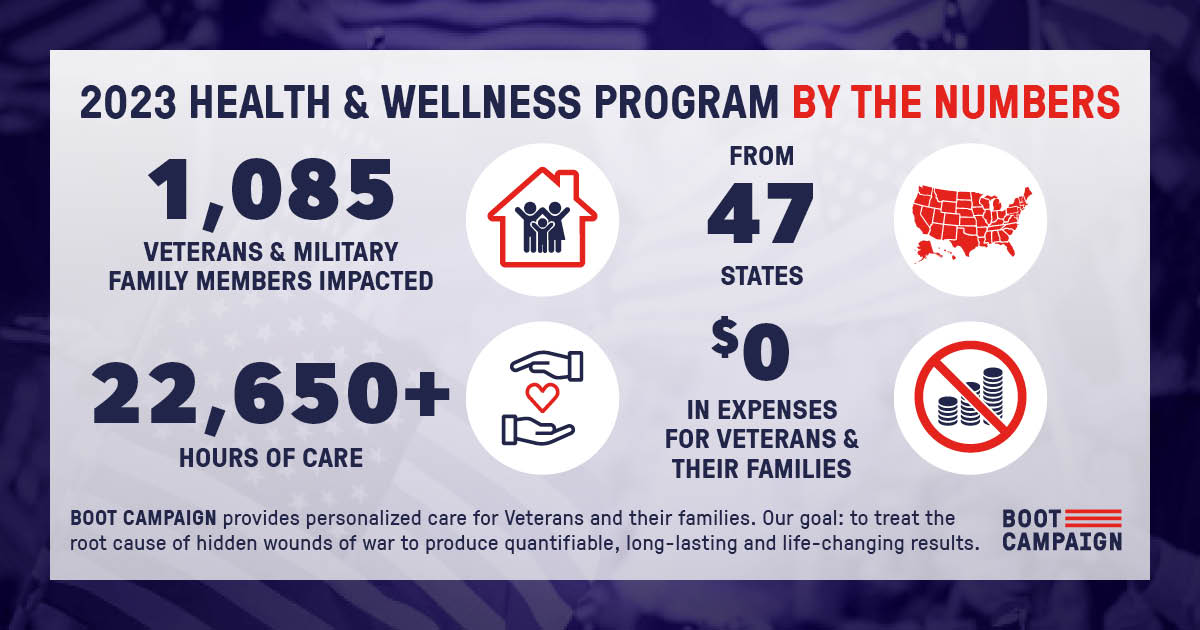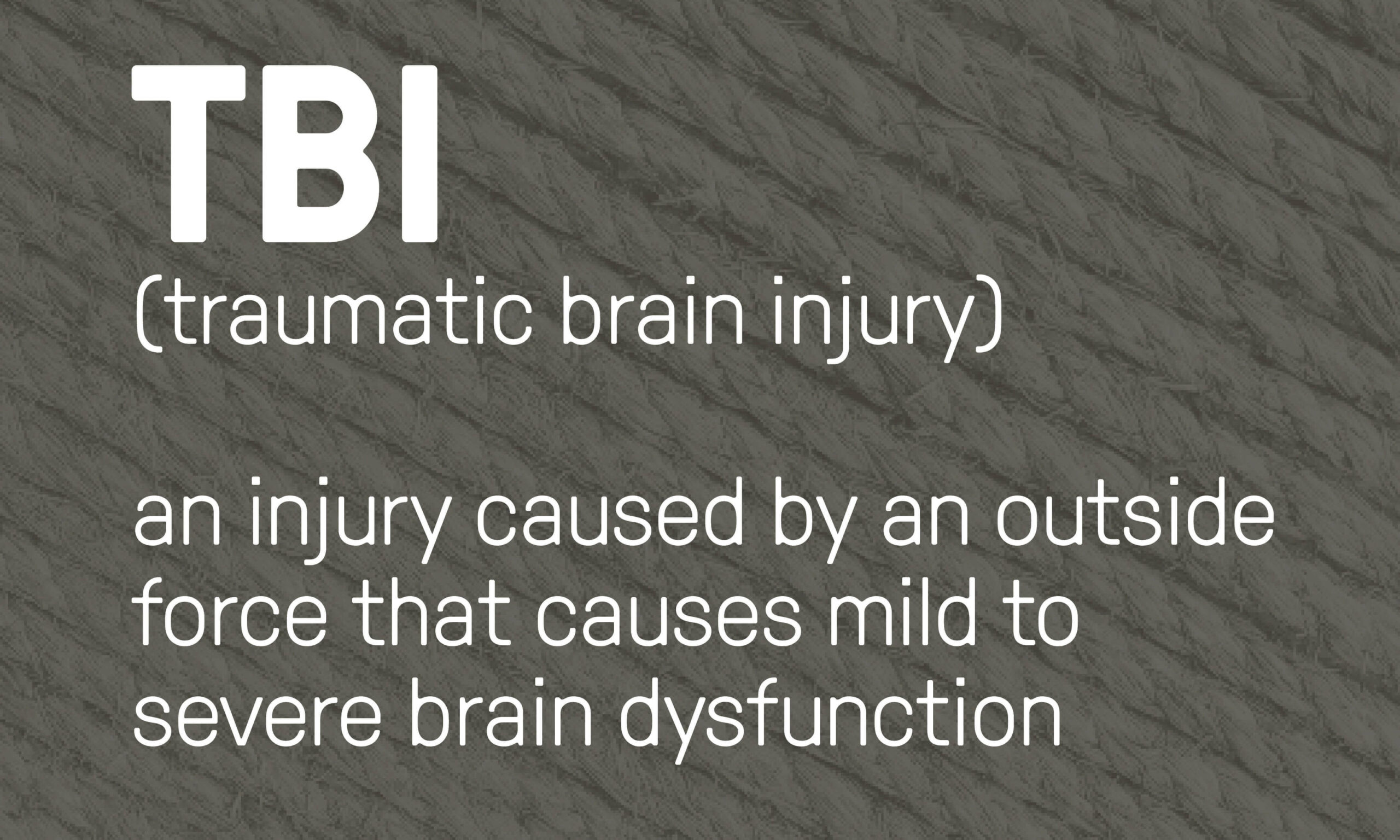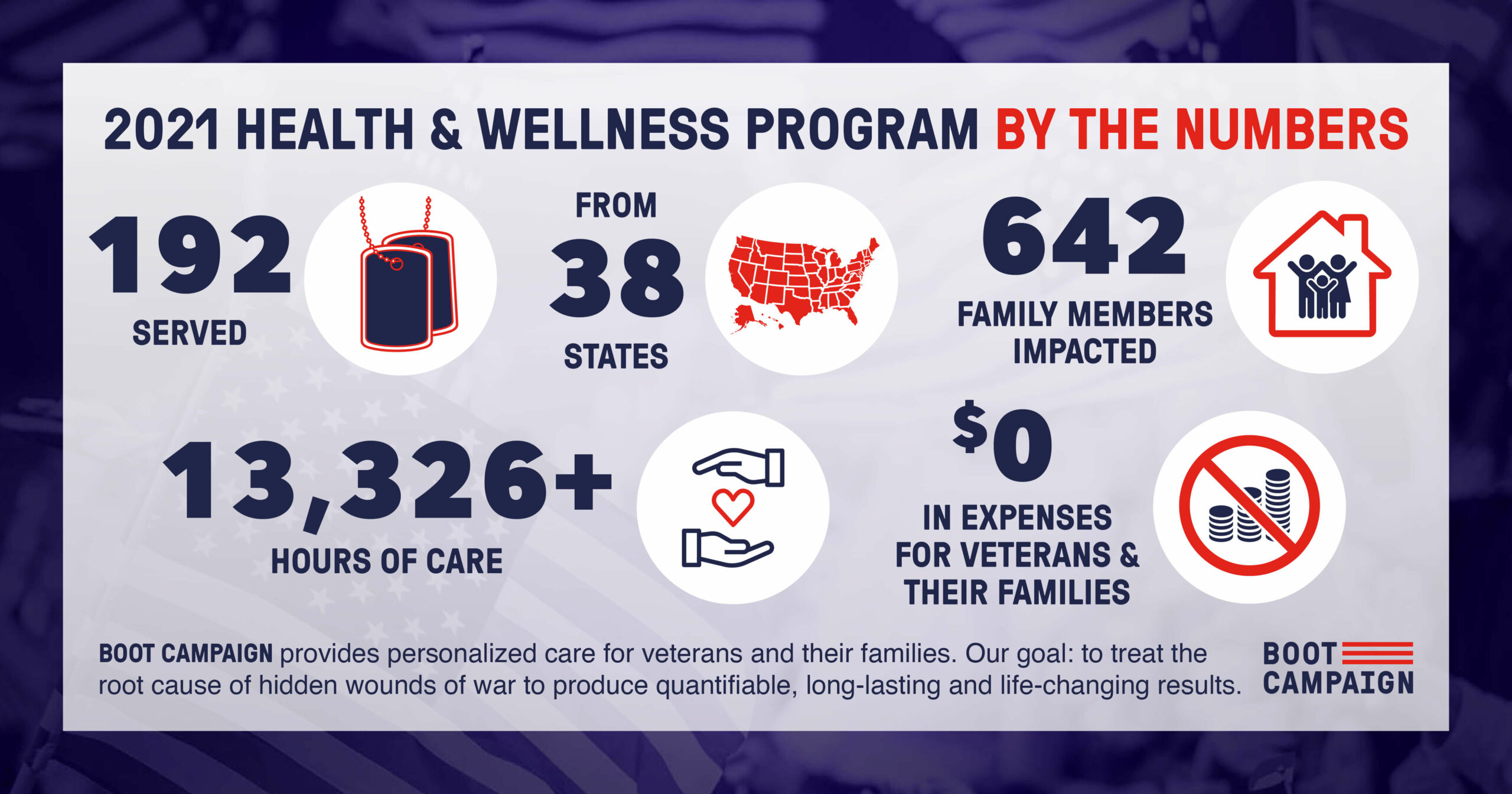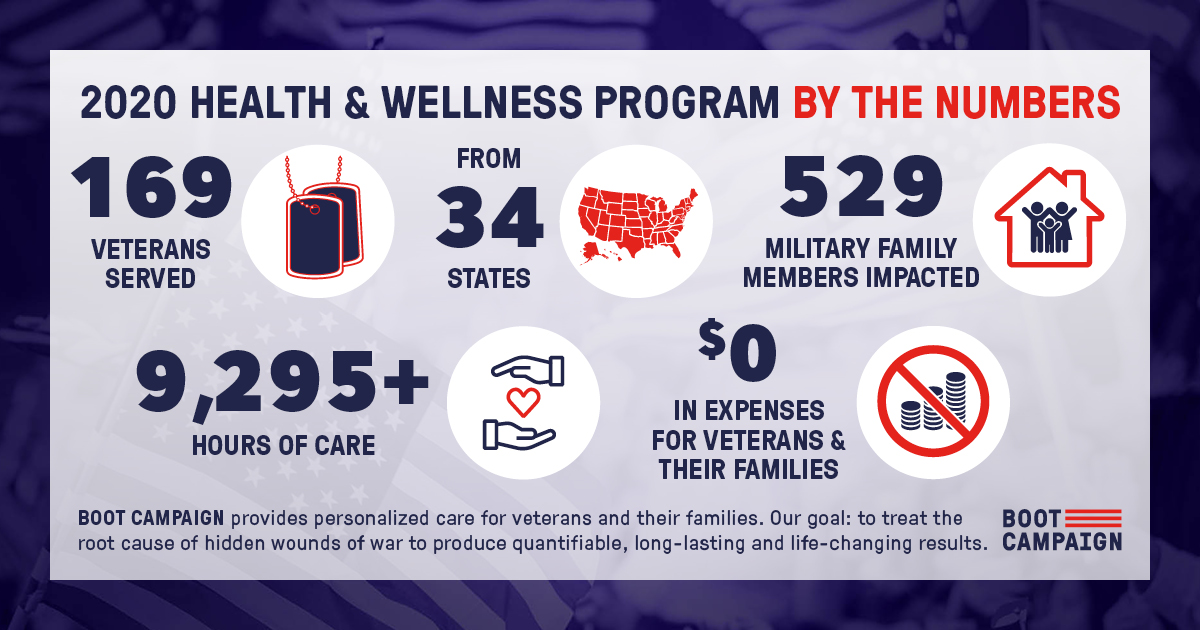PTS or PTSD?

There has been a lot of online chatter about the use of the term posttraumatic stress disorder, or PTSD. Some have asked why we continue to use terminology that includes the word disorder, given that others in the Veteran space prefer to use the term “posttraumatic stress” instead. The viewpoint behind the perspective favoring dropping the word disorder is the belief that issues resulting from exposure to traumatic events during service to our country are an injury, not an illness or a disorder. It is also no secret that there can also be negative stigmas when the word disorder is included or PTSD is used. To be clear upfront, we do not disagree that PTSD is an injury.
We use the term PTSD because PTSD is a clinical diagnosis that is universally understood in the medical and mental healthcare world. Most often when we use the term PTSD, we are referring to a set of symptoms that require treatment to alleviate. In the current state of our traditional medical, insurance and Veterans Administration systems, diagnoses are the only pathway to getting care and even benefits. While we may not agree with the need for an official diagnosis, it is our current reality because without a diagnosis, needed treatment and earned benefits are typically denied. Getting an actual diagnosis of PTSD (or a diagnosis related to any medical concern, for that matter) accomplishes two things. First, with a clinical diagnosis, not only are the issues for which one is seeking help validated and even explained, but, secondly, a diagnosis also allows healthcare providers to form an action plan for effective treatment.
With the right intervention and treatment, PTSD symptoms may no longer be debilitating for those who struggle. Although PTSD is indeed a label, PTSD most certainly is NOT an incurable “disorder.” It is our mission at Boot Campaign to show Veterans that whatever “label” they have been diagnosed with or may be diagnosed with in order to get necessary treatment — PTSD, or brain injury, for example — does not have to be a life-long affliction without hope. Humans CAN heal from trauma, just like we can heal from a broken bone, because the brain is a miraculous organ.
As culturally competent leaders in the non-profit space, we believe wholeheartedly that posttraumatic stress disorder IS an injury. The scientific evidence supports that belief as well. The structure and the function of the brain are changed in those who develop PTSD symptoms after being exposed to traumatic stimuli. These structural and functional changes, in turn, impact many other aspects of the human body and daily life.
The type and severity of symptoms varies tremendously from one individual to the next. It is important to note that whether or not someone develops PTSD symptoms after trauma exposure is not a measure of the “strength” or “weakness” of the individual. Exposure to trauma may have a lifetime impact but following appropriate intervention and treatment, one may not experience the level of symptoms that warrant a PTSD diagnosis or require ongoing clinical treatment.
There is no “magic pill,” but in our experience the key to lessening the severity of symptoms comes down to three things:
- The individual’s willingness and motivation to heal
- Access to quality treatments that get to the root cause of the concerns, and
- Having caring individuals to support the Veteran through their healing journey.
Our goal at Boot Campaign is to provide Veterans evidence-based treatment and individualized caring support needed to change lives for the long term, such as was the case for Retired U.S. Army Veteran Erik Peterson.
We want all Veterans to know that seeking help, even if it results in a diagnostic “label” of PTSD is a sign of strength. The most courageous step is the first one – acknowledging the issue and asking for assistance. It is possible to heal, and it is okay to ask for help, because YOU MATTER.










